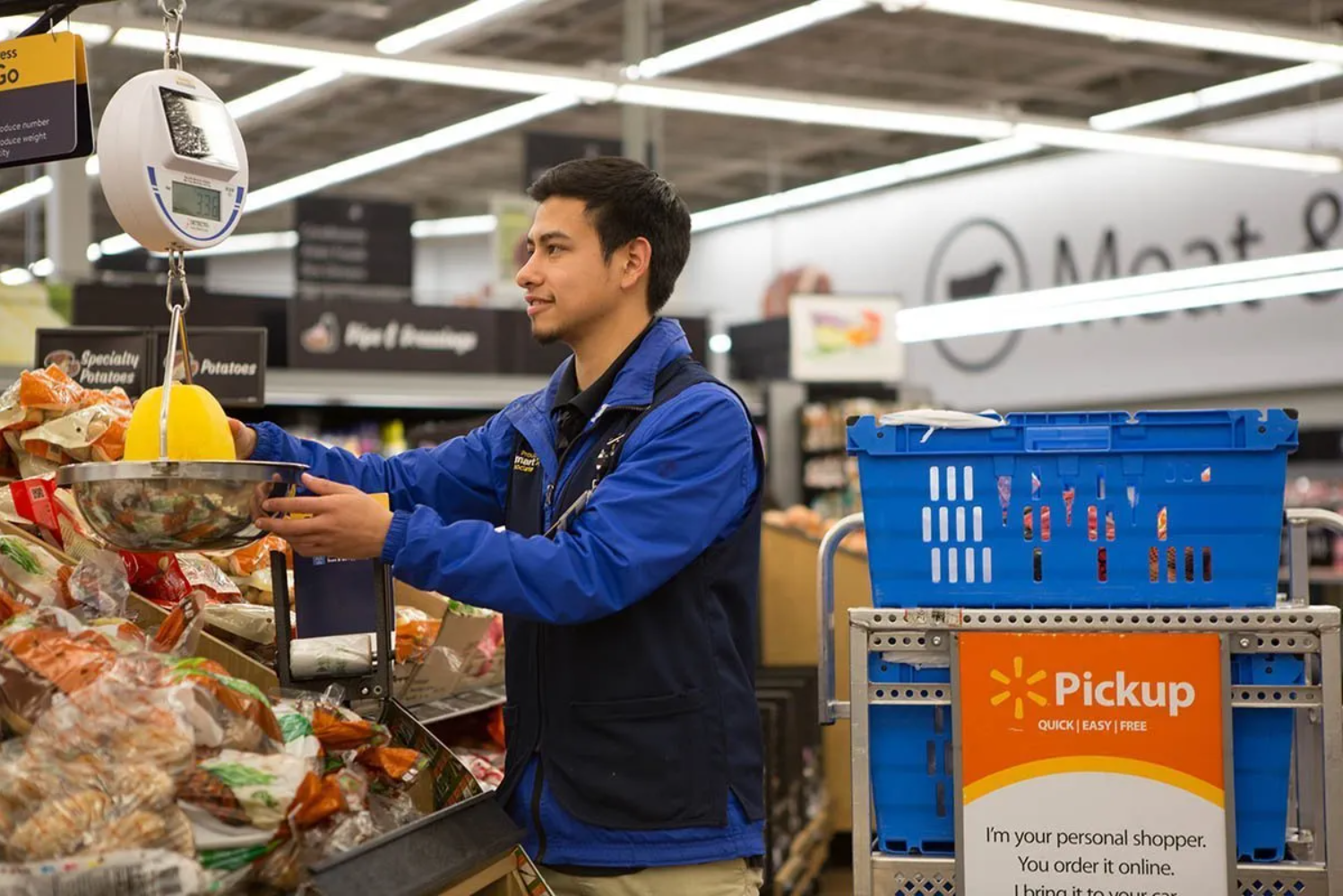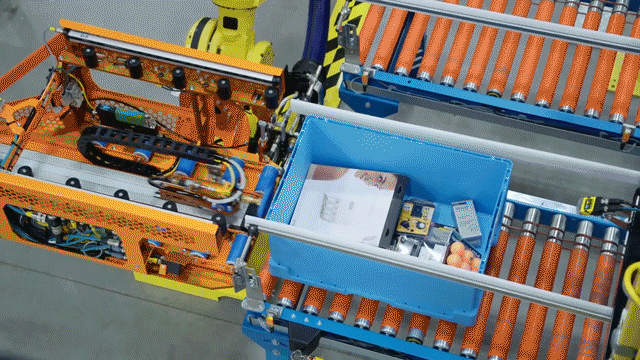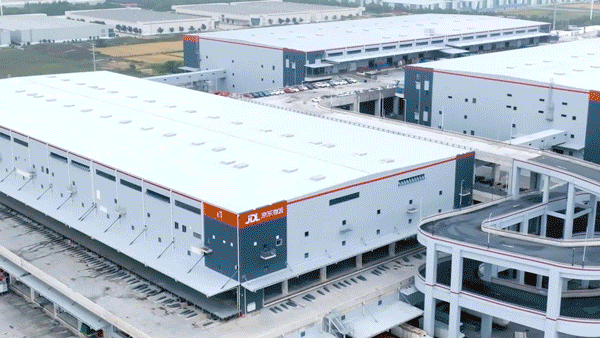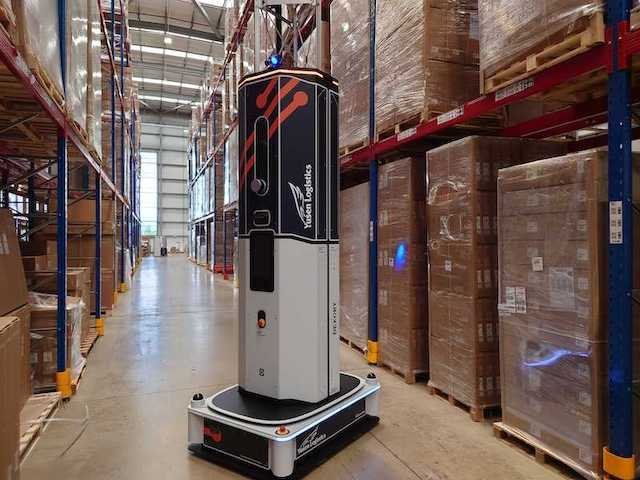Why This UK Retailer Is Shutting Down Its Massive Automated DC in Atlanta
Over the last couple of years, ASOS has been working to transform its business after losing popularity among its target audience of young customers and dealing with an inventory surplus.
UK companies have opened US distribution centres to grow their businesses but it hasn’t always worked out. Dr Martens has had well-publicised issues, while Boohoo last year stopped supplying US customers from its US hub. Now ASOS is partly doing the same, although it will retain a small US facility.
On Wednesday it announced “further efficiencies to its global distribution network” and said that “as part of its commitment to bringing customers the most exciting and relevant product while providing competitive convenience and sustainable, profitable growth,” it will “mothball its Atlanta distribution centre”. It will serve the US market from its “automated UK fulfilment centre in Barnsley, and through a smaller, more flexible local US site”.
The company was at pains to stress that it doesn’t represent any kind of retreat from America. It “remains excited about the opportunity in the US market and believes that its new operating model will better serve its US customer base, while generating a better return on investment. ASOS opened a local US office in 2024 and will continue to grow and build its local presence which it sees as crucial in building great customer experiences. The US remains a core market for ASOS, which it believes can return to sustainable revenue growth and generate c.8% adjusted EBITDA margins in the medium term”.
ASOS justified the closure move saying: “With success over FY23 and FY24 in reducing stock levels by c.50% and launching its new commercial model, which requires lower stock-holding, ASOS can offer better access to product for its global customer base while further reducing its distribution capacity and increasing the efficiency of its operations.
“Having successfully transformed the US into a profitable market over FY24, ASOS sees further opportunity to reinvest in the areas that matter most to its customers by optimising its global distribution model.”
The changes will kick in from H2 FY25 with the combination of the UK automated site and the small US site giving US shoppers “an enhanced product offering, including a broader assortment and faster speed to market of the best and most exciting product, while offering competitive delivery speeds and lowering the total fulfilment cost per order”.
ASOS will also roll out Partner Fulfils in the US in FY25, whereby products are shipped directly by brands, “further broadening the breadth and depth of the best product from our partner brands”.
The Atlanta facility site’s mothballing will see the company formally marketing the facility following the completion of the multi-year warehouse automation project. Seven ASOS employees directly affected by the change in operations “will be offered alternative roles where feasible, and third-party logistics partners will make efforts to redeploy several hundred staff to nearby sites”.
And perhaps the biggest justification for the move is that the company expects a £10 million-£20 million annualised EBITDA benefit from FY26 onwards, “assuming a reduction in US de minimis thresholds, and a similar benefit to free cash flow from FY26 onwards, with potential for additional working capital benefits”.
In FY25, it expects the impact on adjusted EBITDA to be broadly neutral. It also expects around £190 million of adjusting items predominantly relating to non-cash fixed asset impairments, resulting in a corresponding dent to reported profit.














